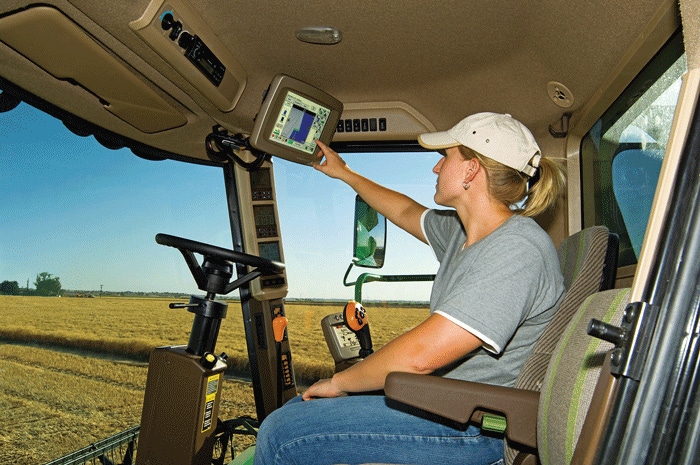
• LightSquared’s position on the GPS interference issue is that GPS band users are extending into the spectrum band licensed to LightSquared.• To mitigate interference issues, LightSquared has proposed to start their operations using the spectrum farthest away from GPS, as well as fund research and development for resilient receivers.
July 25, 2011

The American Soybean Association (ASA) and other farm groups met with LightSquared to discuss their planned 4G wireless network.
Due to serious concerns about the new network creating interference for GPS users, LightSquared asked for the meeting to share their perspective.
The LightSquared project is intended to provide seamless coverage everywhere through a combination of both their satellite and terrestrial base stations. The build-out of the network will create 15,000 jobs during the first five years.
LightSquared’s position on the GPS interference issue is that GPS band users are extending into the spectrum band licensed to LightSquared.
While many current receivers like aviation, cellular, and general navigation are using some of the band licensed to LightSquared, a very few — including precision agriculture and surveying equipment — are extending into the entire LightSquared band.
There are about 400–500 million total GPS receivers in the U.S.; about 500,000 of them are precision receivers.
To mitigate interference issues, LightSquared has proposed to start their operations using the spectrum farthest away from GPS, as well as fund research and development for resilient receivers.
Their proposal also volunteers that the new stations will not be built near rural areas.
LightSquared warns that if their network is prohibited from going forward, rural America will be relegated to the high prices and lesser service that are common today.
In a follow-up meeting among ag stakeholders, the group agreed that many concerns remain regarding what is concerned "rural," as well as the enforceability of the mitigation strategies.
ASA will provide comments to the Federal Communications Commission on the proposal.
You May Also Like



